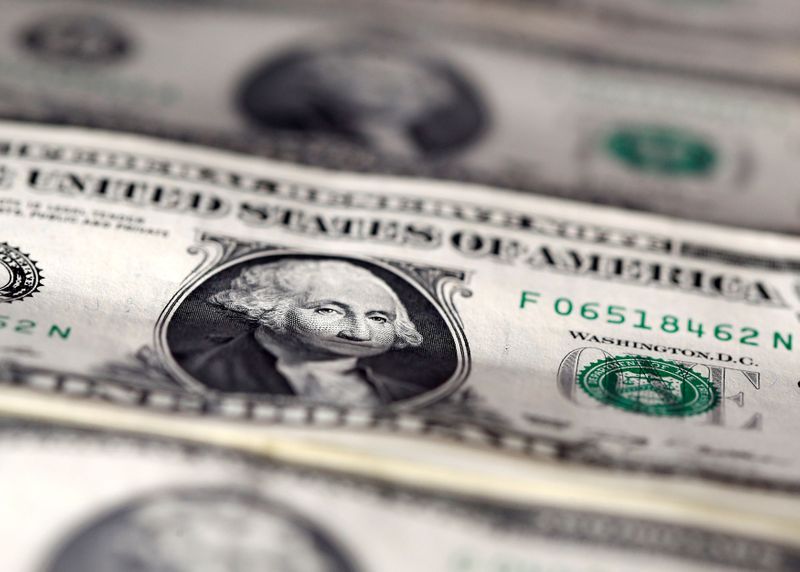By Eimi Yamamitsu
TOKYO (Reuters) - The dollar held tight ranges against its peers on Monday as investors awaited clarity on the health of U.S. President Donald Trump after he tested positive for the coronavirus, sending markets into safe-haven assets.
"With not a lot of major economic indicators released this week, the focus all comes down to Trump’s illness," said Daisuke Uno, chief strategist at Sumitomo Mitsui (NYSE:SMFG) Bank.
"There is a welter of information about the severity of his condition, and that is making it difficult for market participants to make a move," Uno said.
Just weeks before the Nov. 3 election, Trump was flown to hospital for treatment for the coronavirus on Friday, adding another layer of uncertainty and market volatility as Trump’s re-election campaign seeks to fend off Democratic challenger Joe Biden.
Doctors treating Trump for COVID-19 told reporters on Sunday they are monitoring the condition of his lungs after he received supplemental oxygen, hours before Trump surprised supporters outside the hospital by riding past in a motorcade.
The news came the day after contradictory messages from the White House caused widespread confusion about the president's condition.
"Earlier, some traders bought back dollars and U.S. stock futures immediately after the news came out about Trump briefly leaving the hospital," Sumitomo Mitsui Bank’s Uno said. "But I don’t think it means that he has been completely cured."
The dollar index (=USD) was little changed at 93.789, while traders adjusted their positions in safe-harbour currencies.
Against the safe-haven Japanese yen, the dollar rose 0.2% to 105.515 yen
But the greenback edged lower against the Swiss franc to 0.918
Meanwhile, sterling investors awaited cues from final round of Brexit trade negotiations as the expiry of the transition period at the end of December approached.
British Prime Minister Boris Johnson and the head of the EU's executive, Ursula von der Leyen, agreed in a phone call on Saturday to step up negotiations on a post-Brexit deal.
Johnson said on Sunday while he does not want the transition period to end without a new trade deal, he believes that Britain could live with such an outcome.
The British pound last stood at $1.2942
Investors also await the upcoming vice president presidential debate on Wednesday.
Expectations that U.S. Congress will pass a stimulus package to support the pandemic-stricken economy remain low ahead of the presidential election in November.
U.S. House Speaker Nancy Pelosi on Sunday said progress was being made on coronavirus relief legislation but had earlier flagged key areas of disagreement.
The focus in markets this week shifts to central bank events and any clues they offer about the health of the global economy.

The Reserve Bank of Australia holds its policy meeting on Tuesday while the Federal Reserve and the European Central Bank release the minutes of their September meetings.